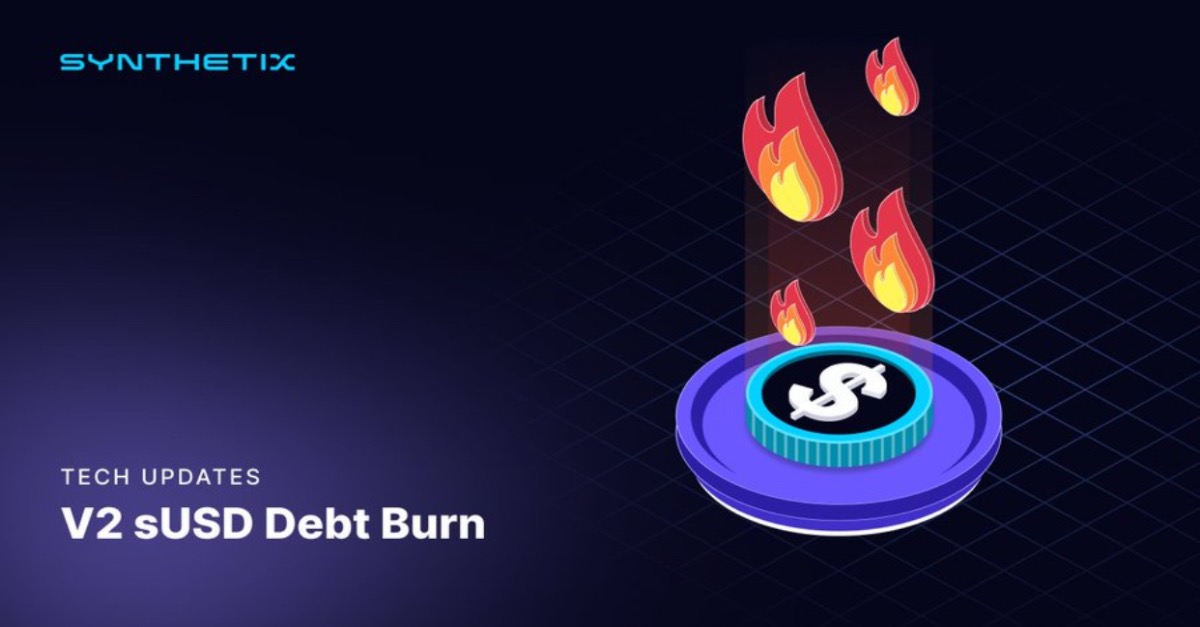Crypto airdrops are a great way to get your hands on tokens for free, and also give crypto projects a way to promote themselves. But the lure of free assets can work in favor of cybercriminals who use phony airdrops to scam victims. So, how can you spot and avoid a crypto airdrop scam?
What Is a Crypto Airdrop Scam?
A crypto airdrop is often used as a marketing tactic by crypto and DeFi platforms. When a new crypto project starts up, it can be difficult to amass interest among traders and investors, as there’s a lot of competition out there. Using an airdrop can help tackle this challenge.
A typical crypto airdrop involves the distribution of tokens, for free, as a way to promote a project or asset. By giving people an initial holding of a given crypto, the chance of them using it in trading, growing to like it, and even talking it up to other traders, tends to increase. These airdrops usually take place on a wide scale so that plenty of individuals can get a portion of tokens.
So, you can get free crypto tokens through airdrops. These tokens are often quite new and don’t have a very high pricepoint, but that may certainly change in the future if the asset gains hype.
But cybercriminals are all too aware of how attractive airdrops can be, so it’s no surprise that airdrop scams have become worryingly common in the crypto space.
A crypto airdrop scam is pretty basic in terms of scam complexity. Most of these scams involve the promotion of a phony crypto airdrop involving either a made-up token, or a pre-existing token (as familiarity can go a long way when luring in victims). Of course, there are no real tokens being given out here.
When a potential victim sees this phony airdrop, there’s a good chance that they’re unaware of its malicious background. If they are interested in claiming the free tokens, they may not think twice about signing up to the airdrop.
Unfortunately, signing up doesn’t just involve you entering your name or email address. To receive funds in an airdrop, you need to provide your crypto wallet address. A public crypto address isn’t hugely risky to share, but it does highlight your wallet and the funds it holds.
Additionally, more nefarious scams may also ask for your wallet’s private key. In no circumstances should you share your private key, but not everyone knows this. In short, your private key is used to authorize transactions from your wallet. So, if an attacker gets their hands on yours, it can take them just minutes to drain your wallet of its funds.
This is also known as airdrop phishing, as it is a tactic used to steal crucial credentials. Various crypto airdrop scams have taken place in the past, including a series of scams concerning the Arbitrum token (ARB). Crypto Potato reported that the Arbitrum DAO had identified 273 phishing sites being used to capitalize on the upcoming ARB crypto airdrop in March 2023.
How to Spot and Avoid Airdrop Scams
Evidently, crypto airdrop scams are dangerous. But there are some things you can do and look out for in order to steer clear of them.
1. Research the Token
Some airdrop scams use well-established tokens to create an air of legitimacy, but others may use tokens you’ve never heard of before. Either way, it’s important to research the token before signing up for any airdrop.
By doing this, you can determine if the named token is real, or whether there is an airdrop going on at all if it is preexisting. Be sure you check the official websites and social media pages of the project issuing the tokens to see if any announcements have been made about an airdrop.
If you find that the company hosting the airdrop doesn’t exist, or has an extremely small online footprint (i.e. no social media or not many followers, no official website, no reviews), you should be wary. Additionally, if you can find no evidence of an airdrop on the official accounts or websites of the tokens being dropped, steer clear of the site claiming to hold the airdrop, as it’s likely malicious.
2. Be Protective of Your Data
When it comes to signing up for giveaways, competitions, airdrops, or anything else in the crypto realm, it’s crucial that you don’t give away highly sensitive information. Cybercriminals often target private data, as it’s usually this that gives them access to exchange accounts, wallets, and more.
Unfortunately, your email address alone can be used to hack certain crypto accounts, and it’s hard to avoid giving out this kind of general information when signing up for things. But there are certain pieces of data that you should never give out.
In terms of crypto, it’s paramount that you do not share your private key or your seed phrase. Additionally, providing login credentials can be a crucial mistake, as it may give a cybercriminal access to your crypto-based accounts.
3. Check for Signs of a Malicious Website
Because airdrop scams involve the use of malicious sites for signup, it’s worth knowing how to avoid them.
Malicious sites can be very convincing, but often have telltale signs that you can pick up on, including:
- A broken or shortened URL.
- Poor spelling and grammar.
- A young domain age.
- Frequent crashes.
- No secure lock icon next to URL.
Keep an eye out for these red flags when you’re on a crypto airdrop webpage.
4. Don’t Send Your Own Crypto
Has an airdrop you’ve come across asked you to send a small transfer of crypto in order to receive your tokens? If yes, steer clear.
Under no circumstances should an airdrop ever require you to send a holding of your own assets. An airdrop scam involves the distribution of free tokens, so there should be no reason why a project would need some of your crypto in return, as at that point, it becomes transactional.
Cybercriminals will request a small amount of your crypto in order to directly scam you out of funds, and may use excuses such as wallet verification, security deposit, or otherwise. But regardless of the reason, this is not what a legitimate airdrop entails.
Crypto Airdrop Scams Can Be Surprisingly Convincing
It can be all too easy for cybercriminals to construct highly sophisticated and persuasive scams. This is why it’s important that you know what steps to take before taking part in a crypto airdrop so that you can protect your data and your assets.
Credit: Source link



















































